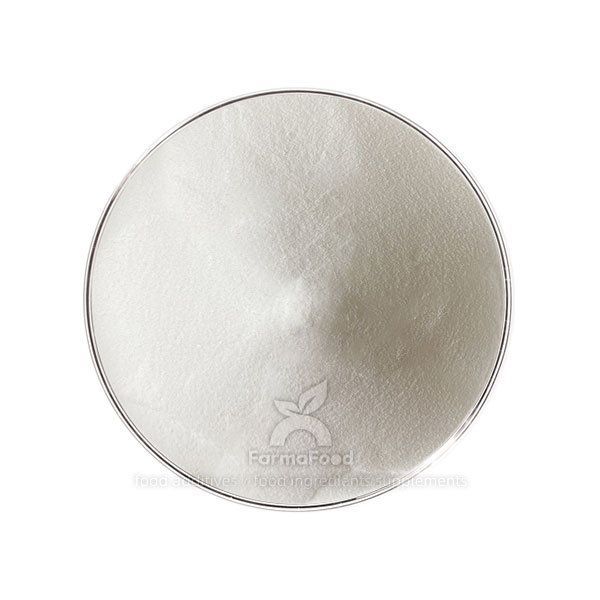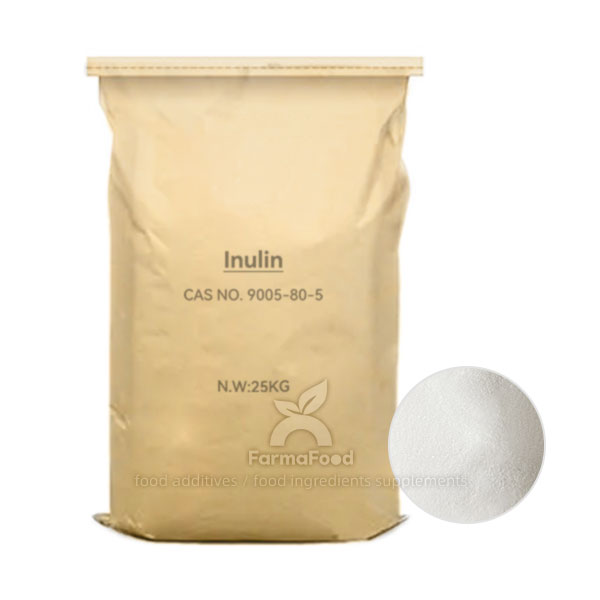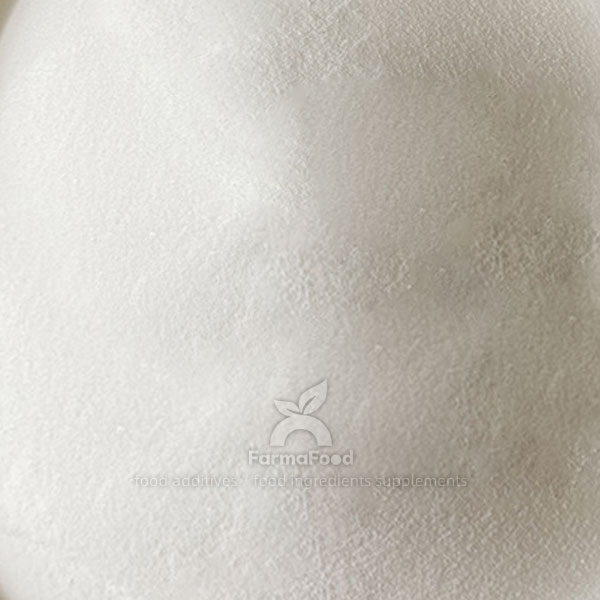Introduce
Inulin is a naturally occurring soluble dietary fibre found mainly in some plants such as inulin, onion and oregano. It has many benefits and is widely used in the food sector.
The following are the main applications of inulin in the food sector:
Food additives: Inulin is often used as a food additive to increase the fibre content and improve the texture of foods. It can be added to a variety of food products such as bread, biscuits, cereal products, condiments, dairy products, etc. to increase their dietary fibre content and improve the nutritional value and healthiness of the food.
Sugar Substitute: Inulin is often used as a sugar substitute because it has a sweet taste but does not cause a significant increase in blood sugar levels. In some low-sugar or sugar-free foods, inulin can be used as an ingredient to replace sugar, providing a sweet taste to the food while reducing the use of traditional sugar.
Prebiotics: Inulin is a prebiotic that promotes intestinal health. It is not broken down by enzymes in the body's digestive system, but is used as a source of energy by the probiotics in the gut. This helps maintain the balance of intestinal flora, promoting the growth of beneficial bacteria and inhibiting the growth of harmful bacteria, thus improving intestinal health and digestive function.
Appetite regulation: Inulin has a high soluble fibre content, which adds bulk and viscosity to food, thereby creating a feeling of satiety during digestion. This helps to reduce appetite and control food intake, which can be useful for weight loss and weight management.
Functional foods: Due to its prebiotic and fibre properties, inulin is often added to functional foods such as probiotic drinks, dietary supplements and nutrition bars. These products claim to promote intestinal health, boost immunity and improve digestive function.



